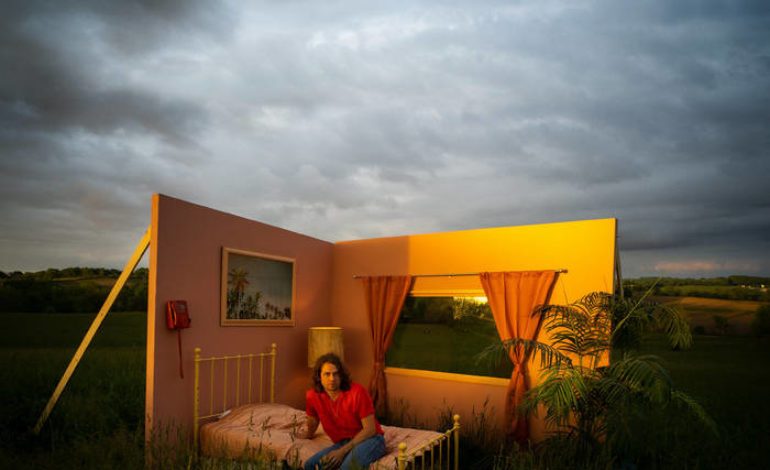

Musical wallpaper that can’t even bother to be pretty
Singer-songwriter is the most useless genre-tag ever. Even indie rock, a term that has been so thoroughly dismantled and stripped of meaning, conveys more. Kevin Morby fits into both of these categories as the former bassist of the beloved Woods before starting a solo career. His albums are largely meant to be experienced wholesale, with the overall emotion taking precedence over individual lyrics and musical moments. However, Sundowner might be his least engaging record to date, as it hints at cohesion that never happens and does not even convey enough to figure out what it is trying and failing to do.
Morby is not a bad singer. He’s got a half-way decent, willowy vocal tone that can convey a sense of awestruck wonder similar to the Go-Betweens’ Robert Forester, except without the sneering personality, craftiness or instantly captivating melody. His writing has way too much repetition, a handicap further inflamed by a lack of urgency in his delivery or music. For example, take “Don’t Underestimate Midwest American Sun” with the refrain of “please don’t run from me.“ Instead of sounding impassioned or vulnerable, Morby just sounds bored and uninterested even when he tries to raise his voice, and the dramatic hits of piano can’t raise the stakes enough on their own. Even though it’s too long, the next song, “A Night At The Little Los Angeles,” leverages his vocal tone by putting him in the position of a disinterested voyeur observing faces and people, and the female backing vocals and more hushed tone in the chorus capture a quiet, rising intensity that the rest of the album does not possess.
Towards the end of the record, the music starts to coalesce into something worthwhile. Its position makes no sense, but “Velvet Highway” features anchoring, deft piano playing that slowly moves from low to high keys as crackling, stormy ambiance plays around it. It’s followed by the straight-forward “Provisions,” which starts with his lone vocals echoing over a mix with nothing but a standard, short, tight acoustic loop until the quivering organ and piano starts to fill the song. It’s easily the most beautiful piece on the record, yet it can’t salvage the preceding moments.
Since Sundowner is so basic and unengaging, individual missteps stand out a lot more. Programmed drum patterns on “Wander” and “Brother Sister” match with nothing. Songs just sort of lose themselves and go in arbitrary directions, like the out-of-nowhere blast of haunted “Viva La Vida”-esque choir on “Jamie” that sounds like a mistake in the audio studio or the halfway-point of “Campfire,” where the audio crackling work is louder than guest vocalist Katie Crutchfield aka Waxahatchee. Woods would also go into weird directions and embrace a variety of tones and styles, but they at least felt like a coherent vision or the playing was loose and fun enough that one could go along with it. Sundowner, on the other hand, has little to offer one way or another; it sparks and conveys nothing.
